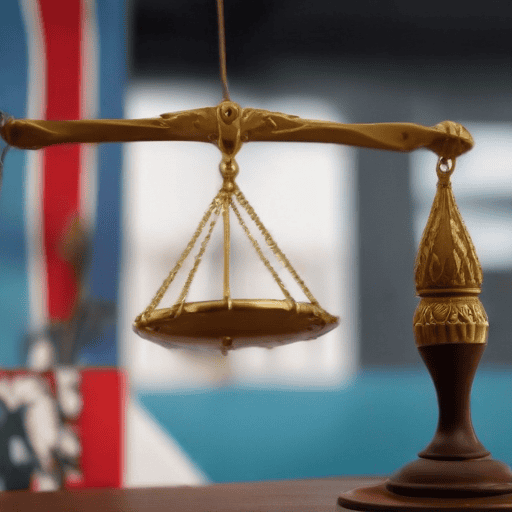Prime Minister Sitiveni Rabuka’s recent decision to engage with the Judicial Services Commission (JSC) regarding the contentious appointment of Barbara Malimali as Commissioner of the Fiji Independent Commission Against Corruption (FICAC) represents a significant turning point in this ongoing controversy. Although this action has been seen as delayed, it is a vital step toward rebuilding public confidence in governance.
In recent weeks, Mr. Rabuka has faced substantial criticism from both political rivals and the public for what many viewed as a lack of action concerning allegations against Ms. Malimali, including accusations of abuse of authority and witness intimidation, along with reports of a break-in at FICAC offices. Former Prime Minister Mahendra Chaudhry and Opposition Leader Inia Seruiratu have been particularly vocal in their discontent, prompting questions about Mr. Rabuka’s commitment to accountability.
Previously, Mr. Rabuka redirected inquiries to the JSC, but his recent formal expression of concern indicates a notable change in his stance. This new approach suggests a readiness to take decisive measures when it comes to governance and accountability issues.
The backdrop to this controversy includes actions taken by FICAC itself, as the Commission of Inquiry (COI) led by Justice David E. Ashton-Lewis recently criticized a statement from FICAC that sought to stifle criticism related to the ongoing inquiry. This has raised alarms about transparency and the need for accountability, reinforcing public skepticism.
While it is commendable that the Prime Minister has intervened, it raises concerns about the timeliness of his response. The extended delay has allowed an atmosphere of distrust to develop, affecting not only public perception of the government but also the integrity of the institutions designed to uphold justice.
Looking forward, the key focus should be on the findings of the inquiry and the next actions taken by the JSC. The public is looking for prompt resolutions to any improprieties that may surface. Mr. Rabuka’s late involvement highlights the necessity of not just rhetoric but timely and effective leadership in addressing significant national issues. Although his intervention may have brought a temporary sense of stability, it is crucial for the government to maintain progress towards accountability and reform in the future.
This situation presents an opportunity for the government to reset its approach to governance, promoting transparency and reinforcing trust with the public. Engaging openly with issues such as these could eventually pave the way for a more robust and accountable political environment in Fiji.

Leave a comment